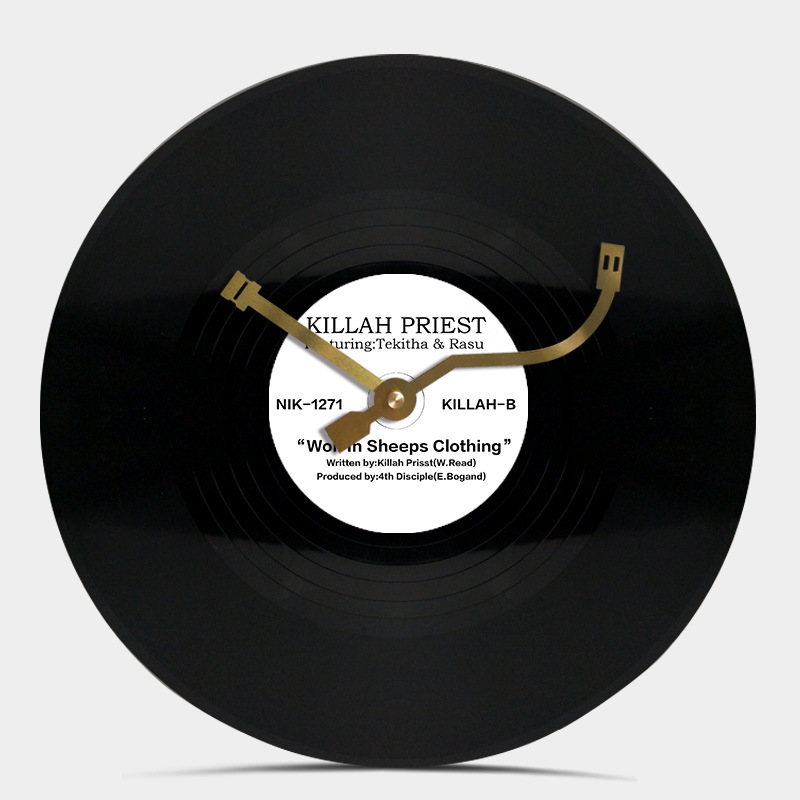
A clock that does not tick is typically called a “silent” or “non-ticking” clock. These clocks operate with mechanisms that eliminate or significantly reduce the audible ticking sound traditionally associated with analog clocks.
Here are some types of clocks that are designed to be silent or have a very low ticking noise:
- Quartz Clocks: Quartz clocks are battery-operated clocks that use a quartz crystal oscillator for timekeeping. They are known for accuracy and often have a very faint or nearly inaudible ticking sound.
- Sweep/Continuous Movement Clocks: These clocks feature a continuous sweeping motion of the clock hands, without the traditional ticking motion. Instead of moving with individual ticks, the second-hand moves smoothly, continuously around the clock face.
- Digital Clocks: Digital clocks, which display the time using digital numerals or an LED display, do not have any ticking sound as they don’t have mechanical moving parts like traditional analog clocks.
- Radio-Controlled Clocks: Radio-controlled clocks receive time signals from atomic clocks via radio frequencies. These clocks automatically adjust to the precise time, eliminating the need for ticking mechanisms.
- Silent Wall Clocks: Some wall clocks are specifically designed to be silent. They often utilize quartz movements combined with noise-reducing mechanisms or materials to eliminate or minimize the ticking sound.
- Silent Alarm Clocks: Alarm clocks that are designed to be silent use alternative methods to wake you up without audible ticking. These can include vibrating alarms, light-based alarms, or gentle sound options.
It’s important to note that while these clocks may minimize or eliminate the ticking sound, they may still produce other sounds related to their operation, such as motor or mechanism noises. If complete silence is desired, digital clocks or clocks with no moving parts are the best options.

